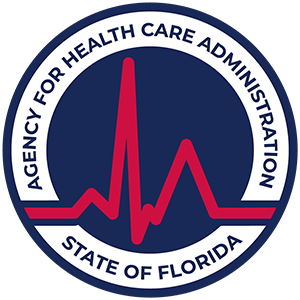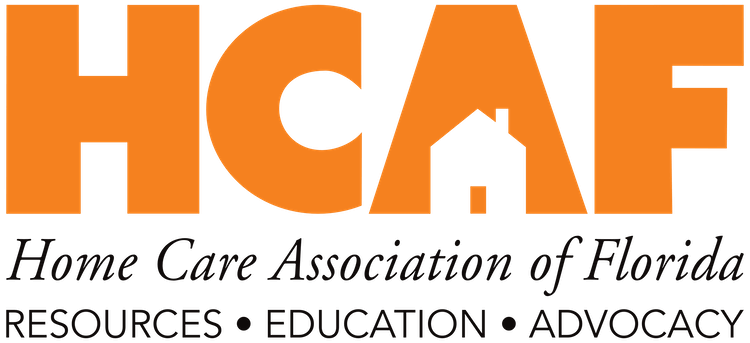HCAF Submits Comments on Medicaid Model Waiver Redesign

HCAF Submits Comments on Medicaid Model Waiver Redesign
On September 12, 2025, the Home Care Association of Florida (HCAF), representing more than 2,300 licensed home health agencies statewide, submitted formal comments to the Agency for Health Care Administration (AHCA) regarding its proposed redesign of the Florida Medicaid Model Waiver.
The Model Waiver provides critical services to medically fragile children who would otherwise require institutional care. AHCA’s draft redesign seeks to modernize the waiver by adjusting eligibility criteria, creating new service levels, and shifting implementation into the Medicaid managed care system.
Background: The Current Model Waiver
The Medicaid Model Waiver serves children 20 years of age or younger who are medically complex or medically fragile, or who are diagnosed with degenerative spinocerebellar disease. Its core goal is to delay or prevent institutionalization and allow children to remain at home with their families while maintaining stable health.
To qualify for the Model Waiver the applicant must:
- Be 20 years of age or younger
- Be determined disabled by the Social Security Administration (SSA)
- Be at risk of hospitalization as determined by the Children’s Multidisciplinary Assessment Team (CMAT)
- Be diagnosed with degenerative spinocerebellar disease, or be deemed medically fragile and have resided in a skilled nursing facility for at least 60 consecutive days prior to enrollment.
Current waiver services include:
- Environmental Accessibility Adaptations
- Nursing Home Transition
- Respite Care
What AHCA Is Proposing
AHCA’s proposal includes:
- New Pediatric Nurse Aide Service: Establishing a mid-level service between Private Duty Nursing (PDN) and Personal Care Services (PCS) for children whose needs exceed PCS but do not require full PDN.
- Respite Care Adjustments: Expanding respite care options, but retaining strict annual limits of only 7-10 days.
- Eligibility Thresholds: Restricting Model Waiver eligibility to children requiring 14 or more hours of PDN daily.
- Transition Case Management and Environmental Adaptations: Continuing these supports, with the annual environmental adaptation cap set at $5,000.
- Managed Care Oversight: Implementing the redesigned waiver through Medicaid managed care plans, rather than fee-for-service Medicaid.
HCAF’s Feedback
In its comments, HCAF welcomed AHCA’s recognition that new service levels are needed but urged adjustments to make the waiver workable for families and providers.
“We strongly support AHCA’s recognition of the need for additional service levels between Private Duty Nursing (PDN) and Personal Care Services (PCS). Families frequently struggle when PDN hours are reduced or unavailable, and the proposed Pediatric Nurse Aide Service represents a step toward closing that gap,” wrote HCAF Executive Director Denise Bellville, RN.
Key recommendations from HCAF include:
- Provider Qualifications: Designate home health agencies as the primary provider type for Pediatric Nurse Aide Services, leveraging their existing infrastructure, licensure, and oversight.
- Adequate Reimbursement: Establish competitive payment rates to recruit and retain aides, ensuring the new service is viable in practice.
- Respite Care Flexibility: Expand respite beyond 7-10 days and consider tiered options based on acuity, such as skilled respite when PDN substitutes are required.
- Eligibility Standards: Reconsider the 14-hour PDN threshold, as many children requiring fewer hours still face significant risks and would benefit from waiver services.
- Provider Capacity and Oversight: Conduct a statewide capacity analysis, especially in rural areas, and enforce standardized managed care processes to prevent delays, denials, or administrative burdens .
“We urge AHCA to ensure that providers are positioned as central partners in delivering these services, supported with adequate reimbursement and streamlined processes, so that families can rely on high-quality, accessible in-home care,” Bellville emphasized.
Next Steps
HCAF will continue to engage with AHCA and other stakeholders to ensure that the final waiver redesign expands access to care for medically fragile children while being feasible for home health providers to deliver.
Click here to read HCAF’s full comments.
